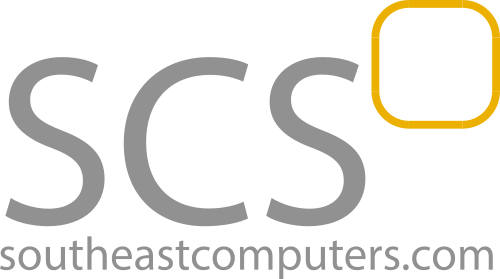Food and beverage manufacturers are responsible for making sure that their products are carefully regulated, safely produced, and properly labeled. There are many legal requirements that apply to this industry, as it's crucial for the government to ensure the safety of food products on the market. If you're in food and beverage manufacturing, you should be vigilant about maintaining the proper documentation for compliance with these programs.
Maintained by the Safe Quality Food Institute, the Safe Quality Food (SQF) Program provides certification for food manufacturing, production, packaging, storage, and distribution. The SQF food safety code for manufacturing specifies the proper operations for processing dairy, seafood, meats and poultry, bakery and snack foods, beverages, recipe meals, snack foods, and more. To obtain certification through this program, you must register on the SQF database, take the appropriate training, and document implementation of the required system elements.
An auditor completes the certification process for the specified site and products. Certification is determined within 45 days of the audit. Those who obtain a "C – complies" rating must undergo a surveillance audit within 30 days of the six-month anniversary of the last audit. Re-certification audits are conducted annually.
Food Safety Modernization Act
The Food Safety Modernization Act (FSMA) focuses on the prevention of foodborne illnesses. The FSMA gives the FDA regulatory authority of about 80 percent of domestic and imported foods. Meats, poultry, and processed egg products are regulated separately by the USDA. Food manufacturers whose products are regulated by the FDA must register bi-annually and create both a Food Safety Plan and Food Defense Plan.
Maintaining the appropriate databases is important for these plans to succeed. A program like Sage X3 helps food and beverage manufacturers track shelf life and expiration dates to help ensure food safety. Functionality for managing recipes, formulas, by-products, and potency are built in for streamlined enterprise management.
Hazard Analysis and Critical Control Point
Hazard Analysis and Critical Control Point (HACCP) is an FDA management system that's designed to ensure safety of food products. Implementation of this system involves conducting a hazard analysis, identifying critical control points, establishing critical limits, and putting monitoring procedures in place. The system also requires the establishment of corrective actions and verification procedures. Proper documentation and record-keeping is a critical part of compliance.
Labeling Requirements
The FDA specifies several important details that must be included on food and beverage labels. The Nutrition Labeling and Education Act (NLEA) requires that most foods include nutrition labeling. Any health messages or claims of nutrient content must be in compliance with the NLEA.
Food labeling requirements are very detailed and specify where labels should appear, what information must be included, how this information is gathered, and the prominence of certain details. For example, food and beverage manufacturers must make sure that the name of the food is at least half the size of the largest print on the label.
If you're looking for an easier way to stay in compliance with industry regulations, look to your business management software. The right system will help you organize and maintain all the essential details for your company.


.png)





